Star of the week: Sanjay Leela Bhansali


Send us your feedback to audioarticles@vaarta.com


Black is his favorite color. And you don't have to look too hard for the reason. It defines Sanjay Leela Bhansali's mood and temperament.
But there is nothing negative about being black for this master-creator who, according to me, is the single finest filmmaker in Bollywood today.
SLB, as I call him, and now he does too, loves to stay away. But he also loves to talk. So there's a constant friction in his mind regarding the two extremely contradictory urges. "Which is why I talk so much when I finally do meet up with someone, with much reluctance, I might add," he guffaws grandly as only SLB knows how.
Everything about SLB's cinema is many, many sizes larger than life. The pain and pleasure, the work and leisure... are all undertaken with tremendous passion. This passion is often misconstrued, hence there's a citadel of privacy erected to keep hurt and pain away.
"I don't want to expose myself to that kind of anguish. I'd rather devote my energies to creating life on cinema."
Human contact isn't a light matter for SLB. If you look closely at his work, you'll see damaged and passionate human beings reaching out desperately over spatial distances to create the music of the harmonies. This is as true of the tumultuous relationship between Nana Patekar and his screen daughter Manisha Koirala in "Khamoshi: The Musical" as it is of Rani Mukherjee and her guru Amitabh Bachchan in SLB's latest work of art, "Black".
Whether it's the music teacher Vikram Gokhale's interaction with his student Salman Khan in "Hum Dil De Chuke Sanam" or Jackie Shroff's blow-hot-blow-cold bonding with 'bandhu' Shah Rukh Khan in "Devdas", there are no 'normal' tranquil comfort levels between characters in SLB's cinema.
"That's because it's so hard for me to find that comfort zone in my own dealings with people," he tells me. "I cannot bring myself to trust people easily. When I said I don't have friends within the film industry on Karan Johar's chat show, a lot of people felt I was being arrogant. But I'm not arrogant, just cautious about my feelings being hurt."
I remember just after the release of "Devdas", when the entire world was toasting the grand storyteller, SLB was invited for a talk show.
He was traumatised and torn for weeks thereafter. "I was asked about my father. I don't like that. It's an invasion of the most private space in my life."
SLB's most precious friend is his mother. A feisty, plucky happy-go-lucky woman who effortlessly countermands her creative son's black moods.
Everyone knows SLB's dad's spirit hovers over all his films. He dedicated "Hum Dil De Chuke Sanam" to his father. The troubled relationship between Anna and her raging father in "Khamoshi" and between Devdas and his disciplinarian dad in "Devdas" have direct links with SLB's troubled relationship with his father.
Not too many know that SLB's mother also has a prominent place in his extraordinarily expansive creative orbit. In "Khamoshi", Seema Biswas going from door too door selling consumer items with her two children was a scene straight out of SLB's childhood.
Kirron Kher's fey-mama act for daughter Paro in "Devdas" is directly inspired by Leela Bhansali and her efforts to keep her family's spirits up in spite of looming poverty.
And that stunning sequence where Paro's mother is made to dance at a social gathering is a manifestation of SLB's large and lurking fears of his mother being humiliated that haunted his childhood.
No one can do that and get away with it. The ghosts of the past haunt Sanjay and his very precious world of mother and son that he has created. Others with a traumatised past have gone insane with pain. SLB has alchemised his suffering into high art. His films are the highest artistic expression obtainable in cinema. Though pain remains predominant in his passionate art, it's a procreative rather than a destructive pain.
SLB loves to hear compliments about his work. In spite of having created four of the finest films of this country, he constantly pines for approval - from his deceased dad who never said he loves his son and from the world at large whose approval of his work in some way gratifies his sense of incompleteness as a son.
SLB makes films for his father. And when the world raves about it, he can hear his father's voice in that multitude.
To me and the admirers of his work, his cinema stands poised at the highest level of creativity.
I feel "Black" will endorse SLB's position in the world market as one of the finest creators on celluloid. The film's passionate portrayal of incomplete, hungering, raging people is unparalleled by anything I've seen from any part of the world.
The other day Amitabh Bachchan, who is more excited and charged about the release of "Black" than I've ever seen him before, happened to show a few of the sequences from the film on his laptop to Bengali filmmaker Rituparno Ghosh.
Ghosh wept like a baby. "He wept and wept forever," Amitabh says, both stupefied and gratified.
"I hope the audiences too weep for the same reasons as Ritu," chortles SLB. He has a roaring sense of humour, and an extraordinarily visual sense of the comic. I've learnt to laugh out loud from my belly, rather than my throat, from SLB.
I sincerely believe he should and will make a full-fledged comedy. It would be as pioneering as his serious films. Right now there's "Black", which will take SLB to heights that even he doesn't know exist.
The music soundtrack by Monty is playing as I write this. Every selection is like fragmented piece of the heart, caught in mid-air before it falls and shatters on the ground.
Right now SLB is looking at no life beyond "Black". He has already concretised what he wants to do next. But for that you'll just have to wait.
Right now SLB is amused and baffled by a Sunday paper's profile that portrays him as neurotic and fastidious.
"It says I make my assistants on the sets stand out in the sun as punishment. Where in the sun? I shoot all my films inside studios."
And, then, that loud pleasurable laughter. Pain has again been shown its place. It's in Shah Rukh Khan's eyes as he dies in front of his Paro's home in "Devdas". It's in Amitabh Bachchan's eyes in "Black" as he tries to recall his times with his favorite student. But the memory has dimmed.
So have the lights in the theatre. And the maestro of pain is about to begin again.
Follow us on Google News and stay updated with the latest!
-

Contact at support@indiaglitz.com
Headlines
Cinema News
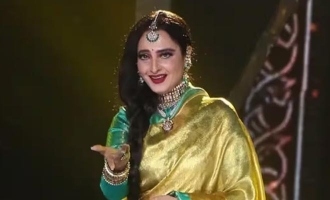 Bollywood actress Rekha on sheer fluke of not getting pregnant bold candid confessions
Bollywood actress Rekha on sheer fluke of not getting pregnant bold candid confessions
 kareena kapoor s trolled for recent instagram quote on luxury pataudi palace
kareena kapoor s trolled for recent instagram quote on luxury pataudi palace
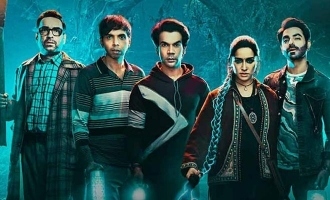 Stree 2 box office collections crosses baahubali 1 aims to cross shah rukh khan s jawan
Stree 2 box office collections crosses baahubali 1 aims to cross shah rukh khan s jawan
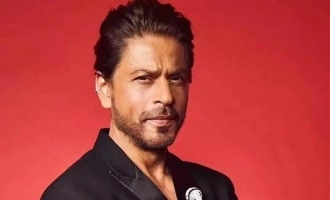 Shah Rukh khan enters huran rich list rs 7300 crore in fortune
Shah Rukh khan enters huran rich list rs 7300 crore in fortune
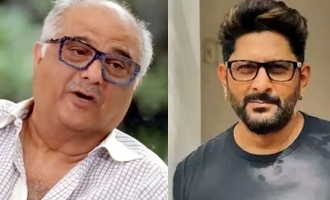 boney kapoor slams back at arshad warsi for low salary in roop ki rani choron ka raja
boney kapoor slams back at arshad warsi for low salary in roop ki rani choron ka raja
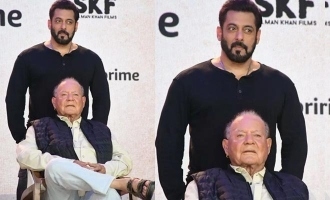 Salma khan wants to remake Salim javed's sholay deewar
Salma khan wants to remake Salim javed's sholay deewar
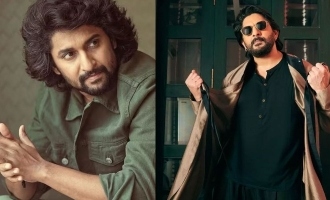 Nani sudheer babu claps back at Arshad warsi for calling prabhas as joker in kalki 2898 AD
Nani sudheer babu claps back at Arshad warsi for calling prabhas as joker in kalki 2898 AD
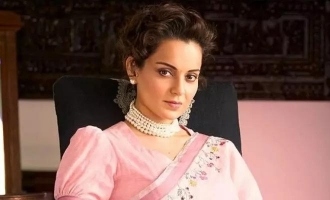 Kanagana ranaut s paparazzi comment gets viral emergency controversy
Kanagana ranaut s paparazzi comment gets viral emergency controversy
 Kalki 2898 AD Starts Streaming Where to Watch Prabhas New Film
Kalki 2898 AD Starts Streaming Where to Watch Prabhas New Film
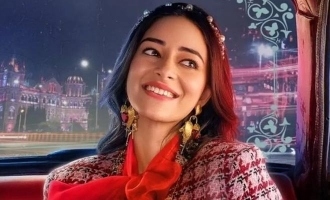 ananya panday call me bae trailers goes viral reminds of emily in paris
ananya panday call me bae trailers goes viral reminds of emily in paris




 Follow
Follow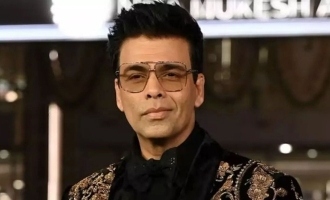

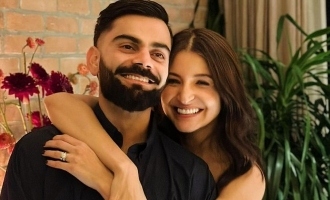
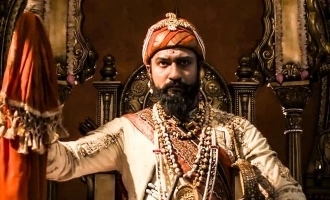
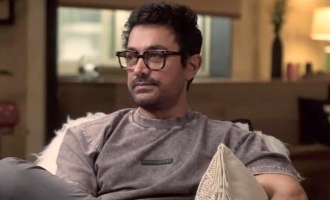
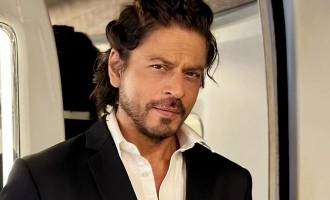
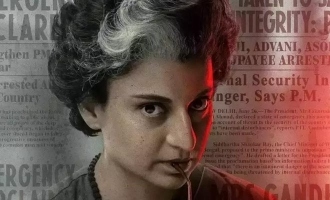
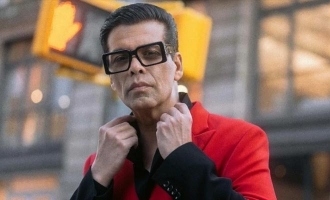
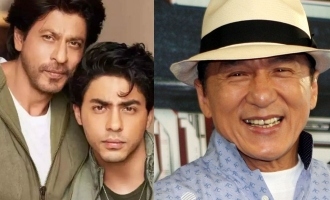
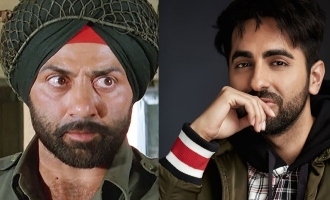
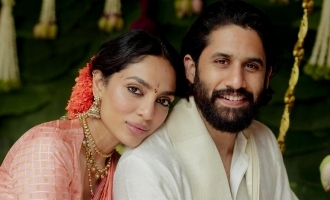
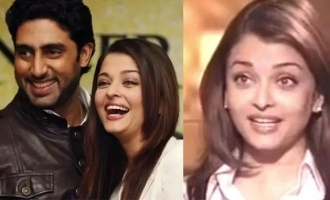
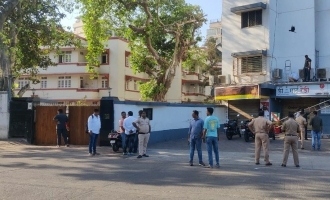
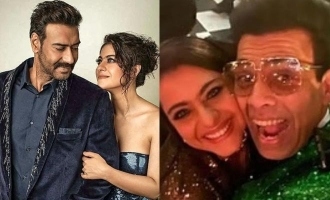

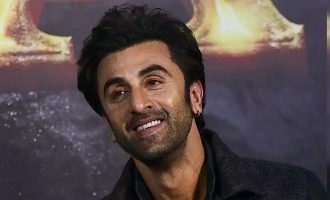
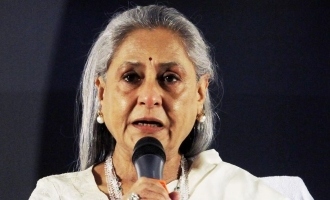
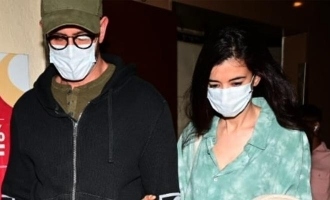
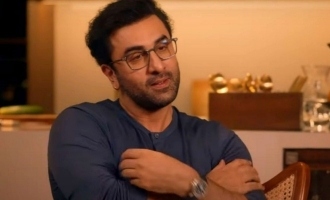

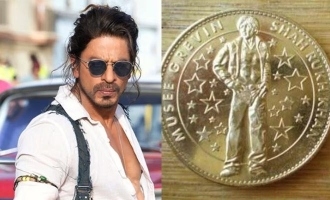
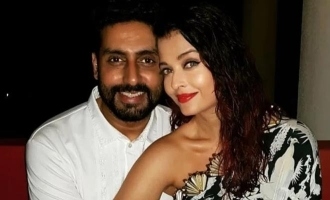



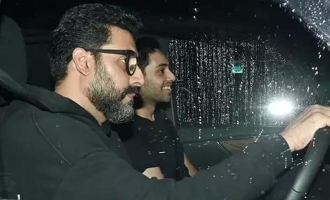
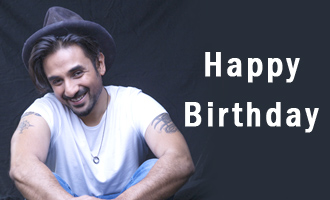



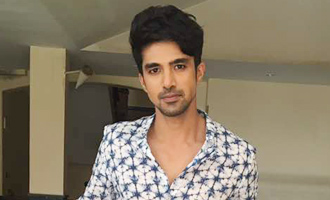

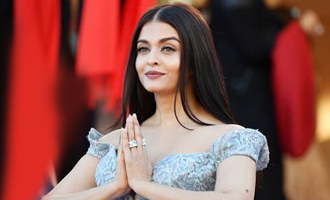
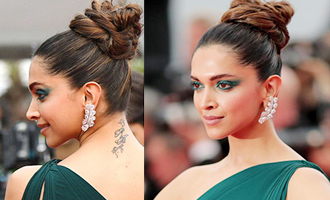
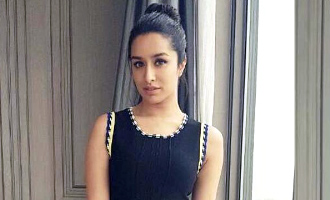











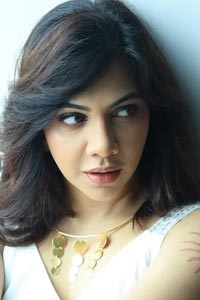
Comments